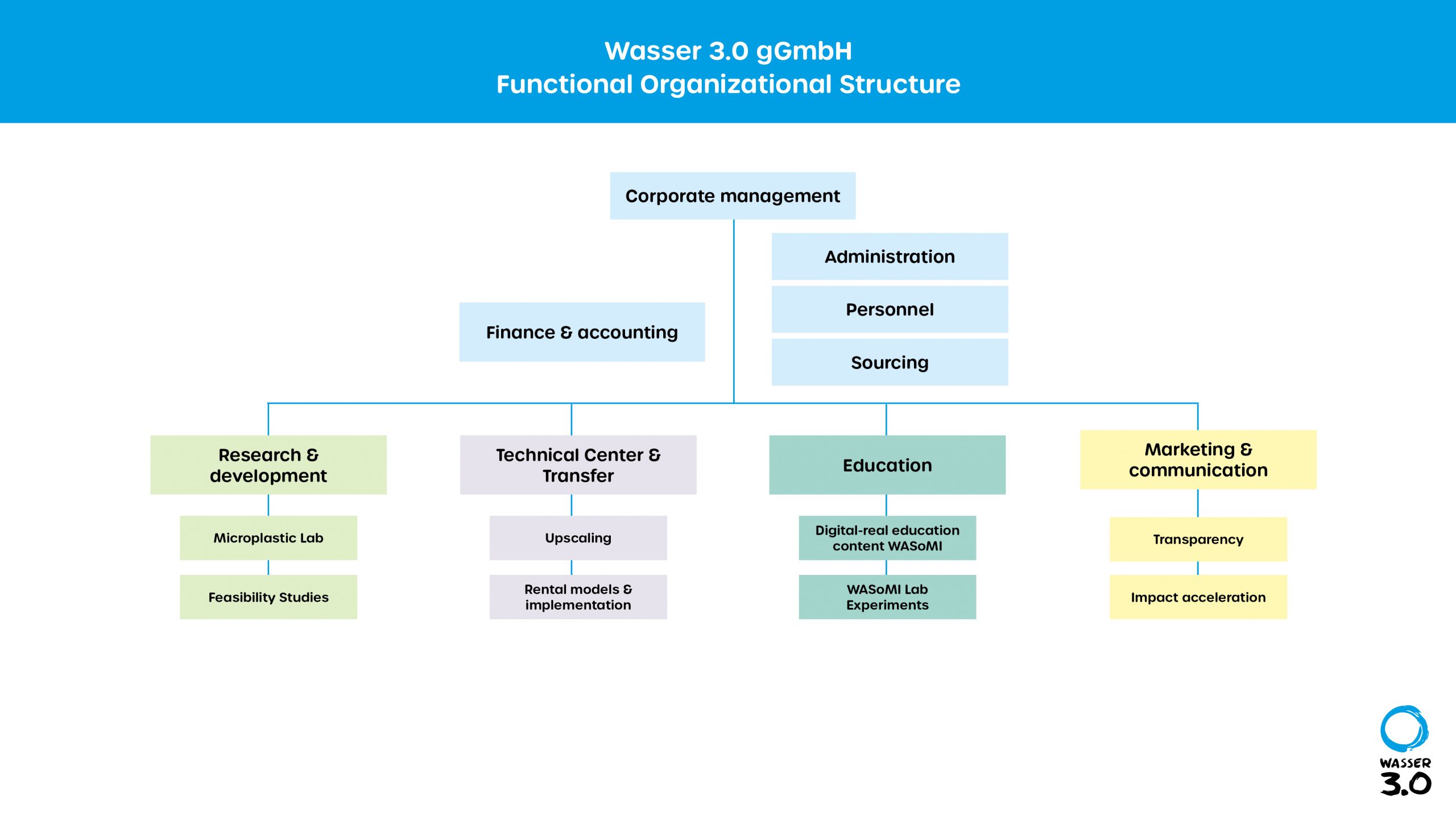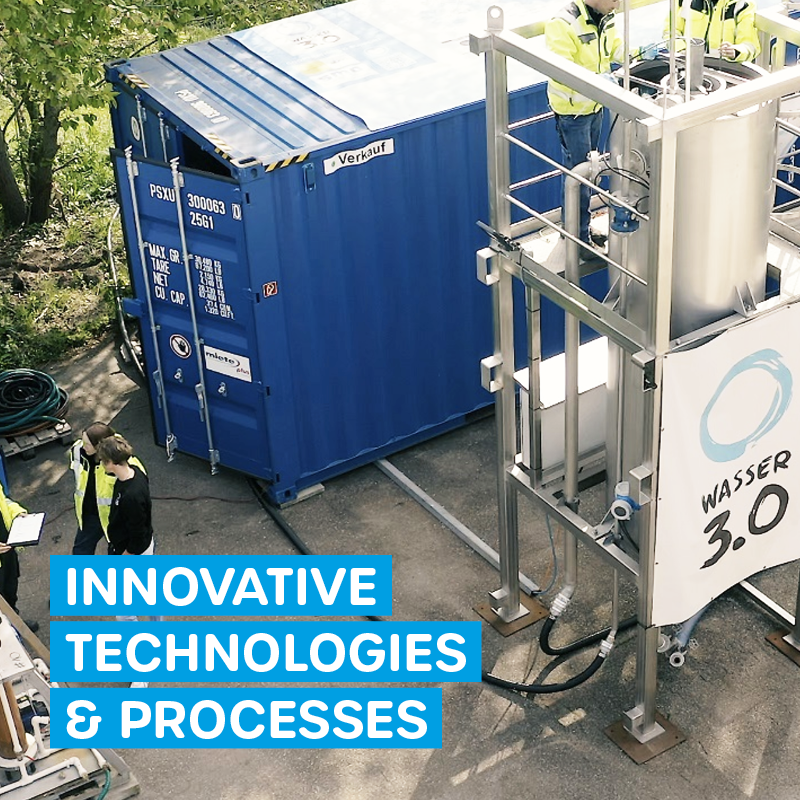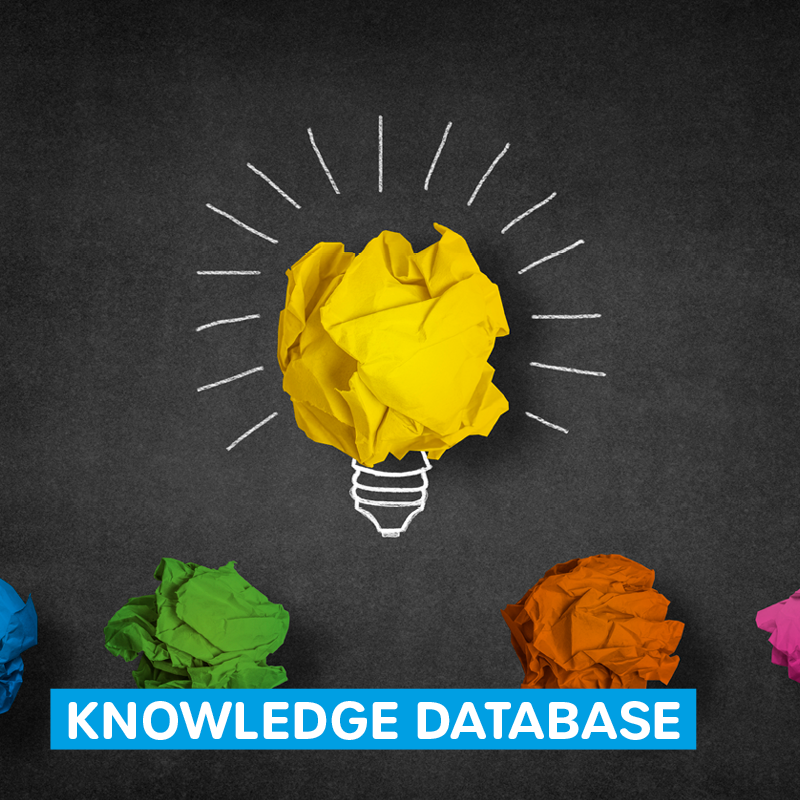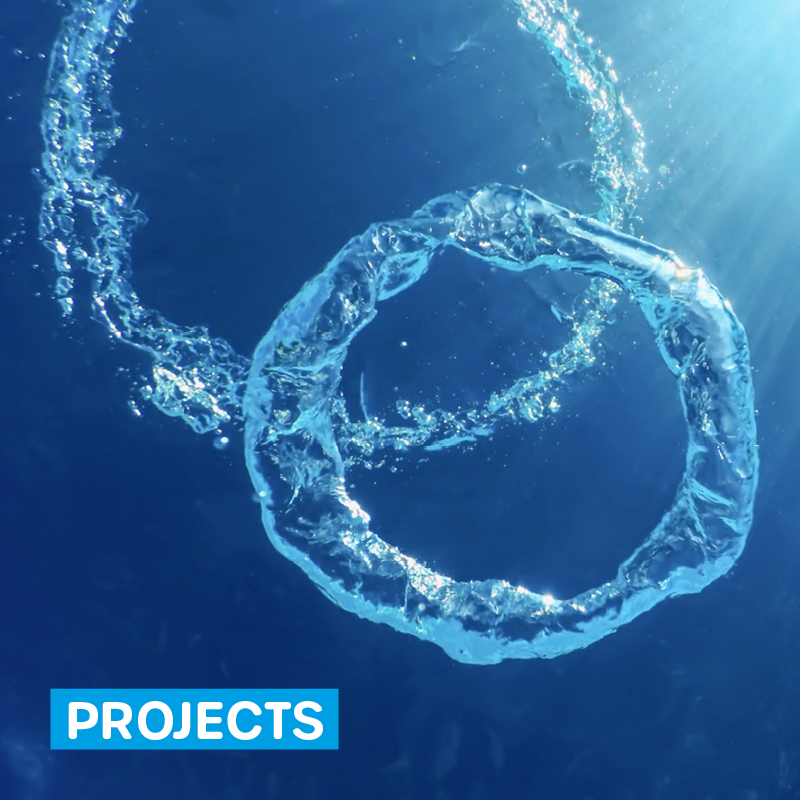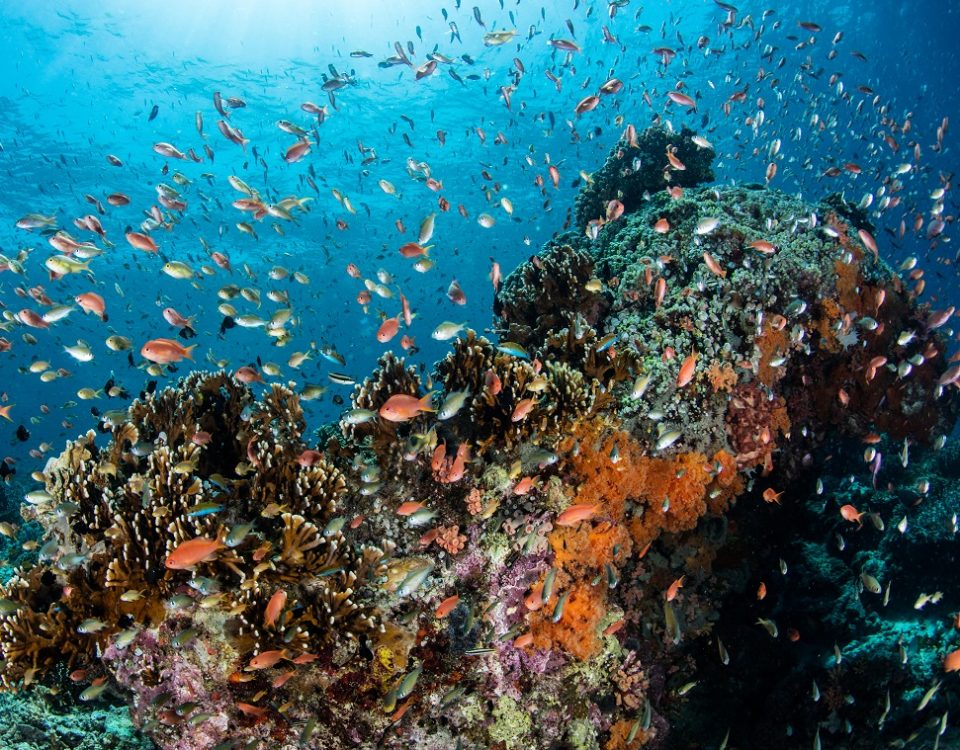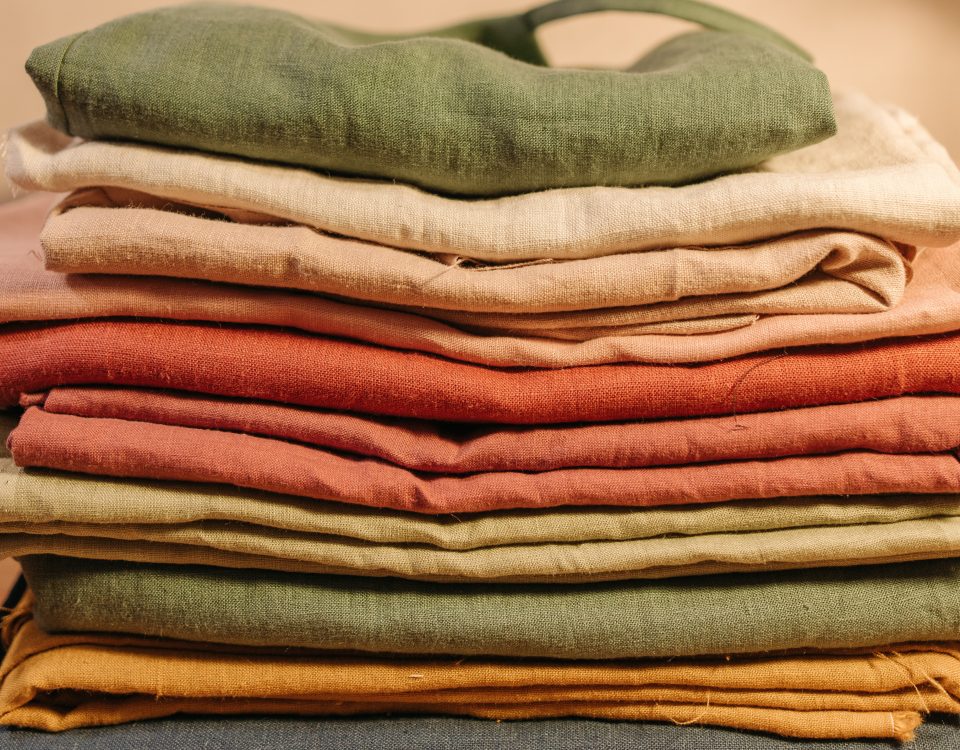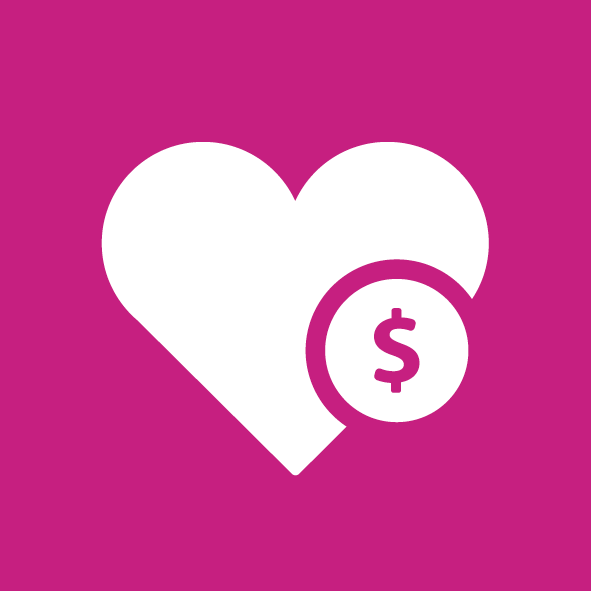
Company, Team & Advisory Board
We are an independent research and educational organisation.
Wasser 3.0 was initiated between 2012 and 2018 by the then junior professor Dr. Katrin Schuhen as a university research project.
Since the founding of Wasser 3.0 gGmbH in 2020, all activities related to water without microplastics have been bundled in a non-profit organization.
Wasser 3.0 provides solutions for water without microplastics, develops new digital-real educational concepts (WASoMI) and engages with many offers & services.
Wasser 3.0 acts as a sustainability entrepreneur in a non-profit, cross-sector and cross-stakeholder manner, and aims to make measurable contributions to the United Nations Sustainable Development Goals in the areas of clean water, green innovation, climate protection and responsible production within all projects.
Wasser 3.0 gGmbH works and operates in a functional organizational structure, which means among other things:
- clear assignment of tasks and responsibilities.
- high transparency.
- clear specification of the individual areas of responsibility / expertise (4-eyes principle).
- Monitoring body: internal as well as external controlling (6-eyes principle).
Awards and achievements
Already a few months after the foundation of Wasser 3.0 gGmbH, the first major successes in the application of our Wasser 3.0 PE-X® process in municipal wastewater treatment plants, in the environment of industrial process waters and, in seawater could be recorded.
Besides winning the Next Economy Award of the German Sustainability Award Foundation, the German Innovation Award in Gold, the AquaTech Innovation Award, the Planet Hero Award, we have also been awarded SIT Alumni of the EIB Institute and are a Top Innovator of the World Economic Forum.
Together with our cooperation partner abcr GmbH from Karlsruhe, we were able to win the Baden-Württemberg Innovation Award in 2022.
With the Solar Impulse Efficient Solution Label award for our Wasser 3.0 PE-X® process, we are one of the #1000Solutions certified and awarded by the Solar Impulse Foundation - founded by Bertrand Piccard.
Without a team, Wasser 3.0 would not be able to act
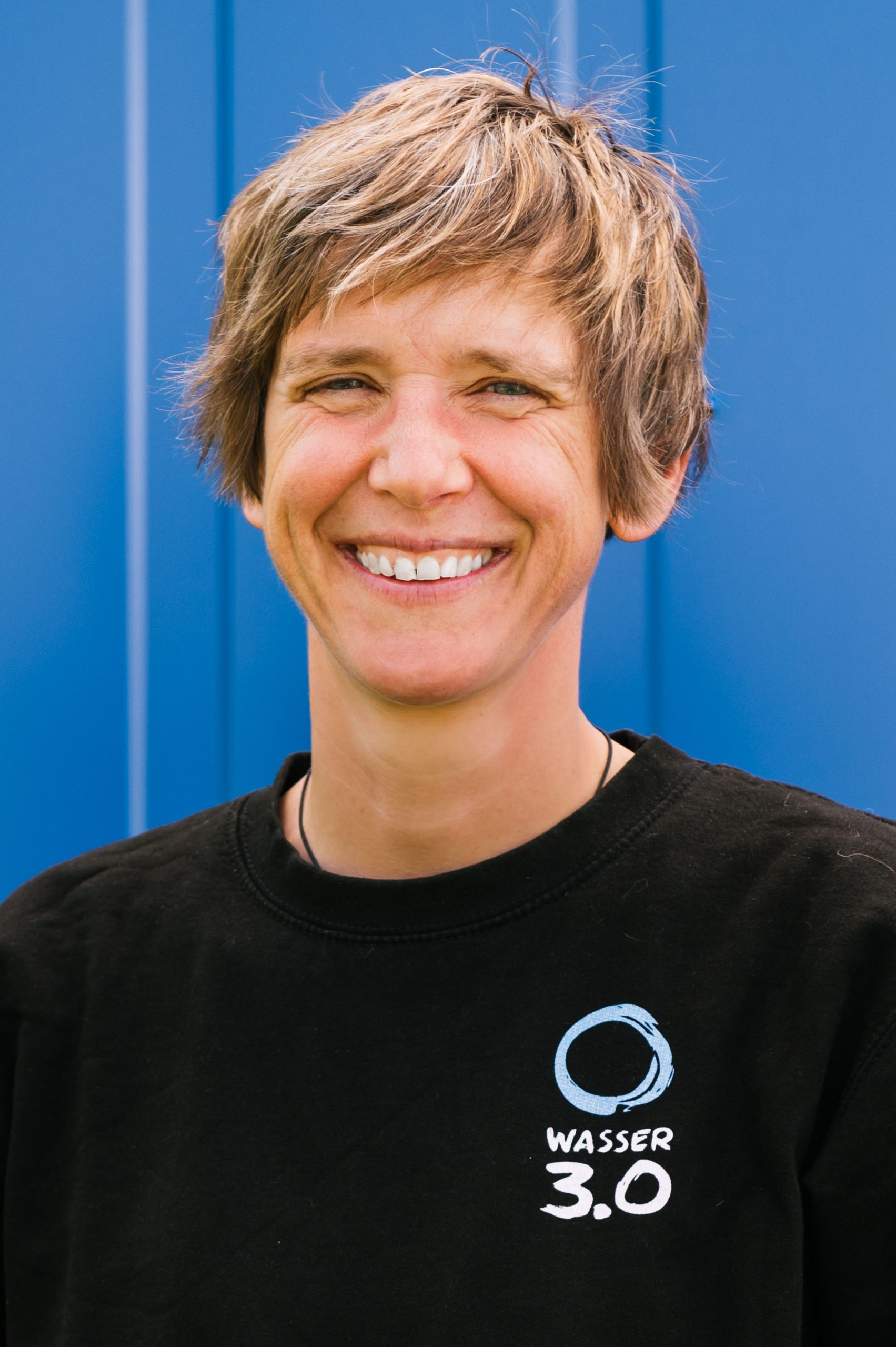
Dr. Katrin Schuhen
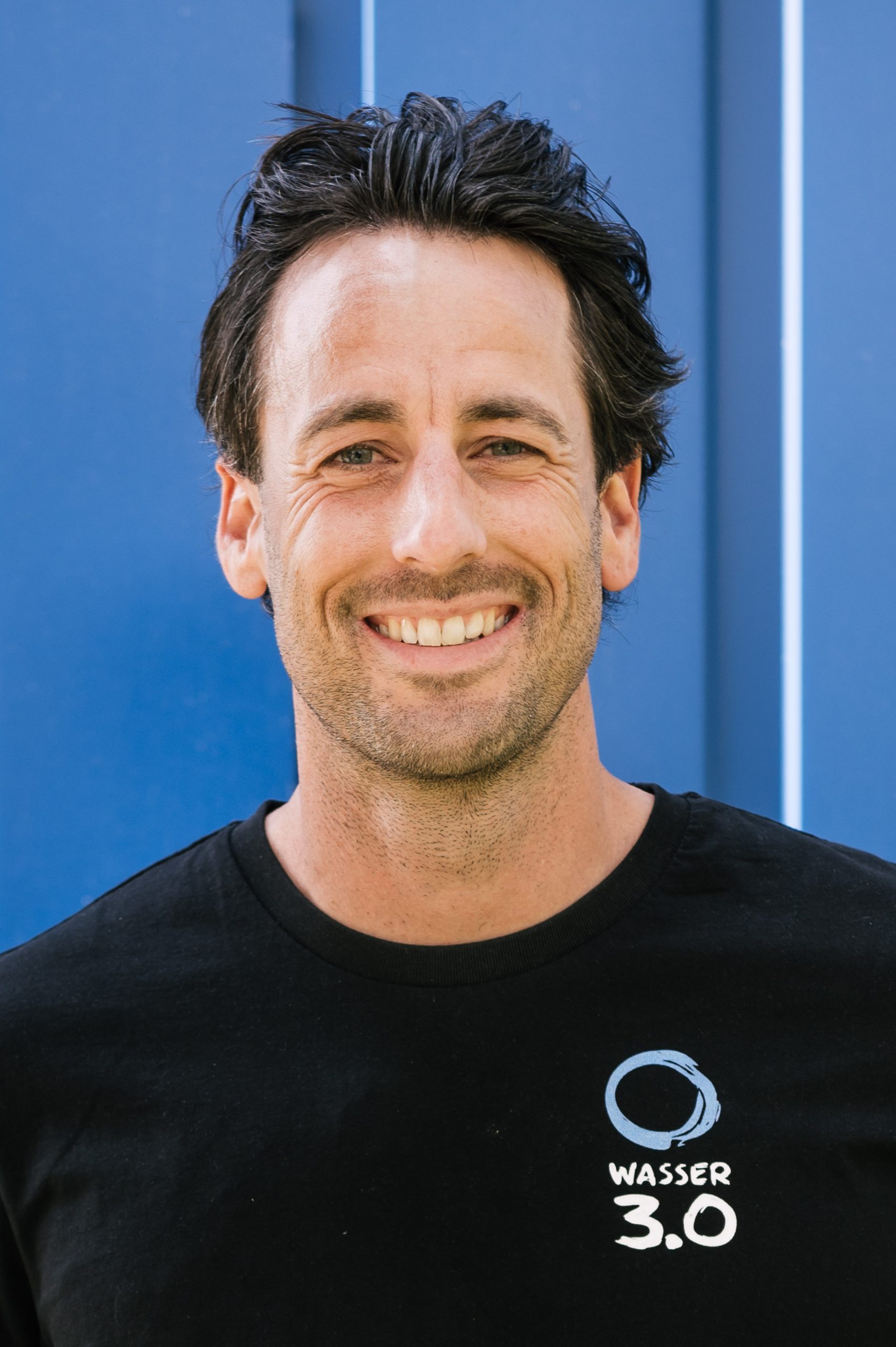
Dennis Schober
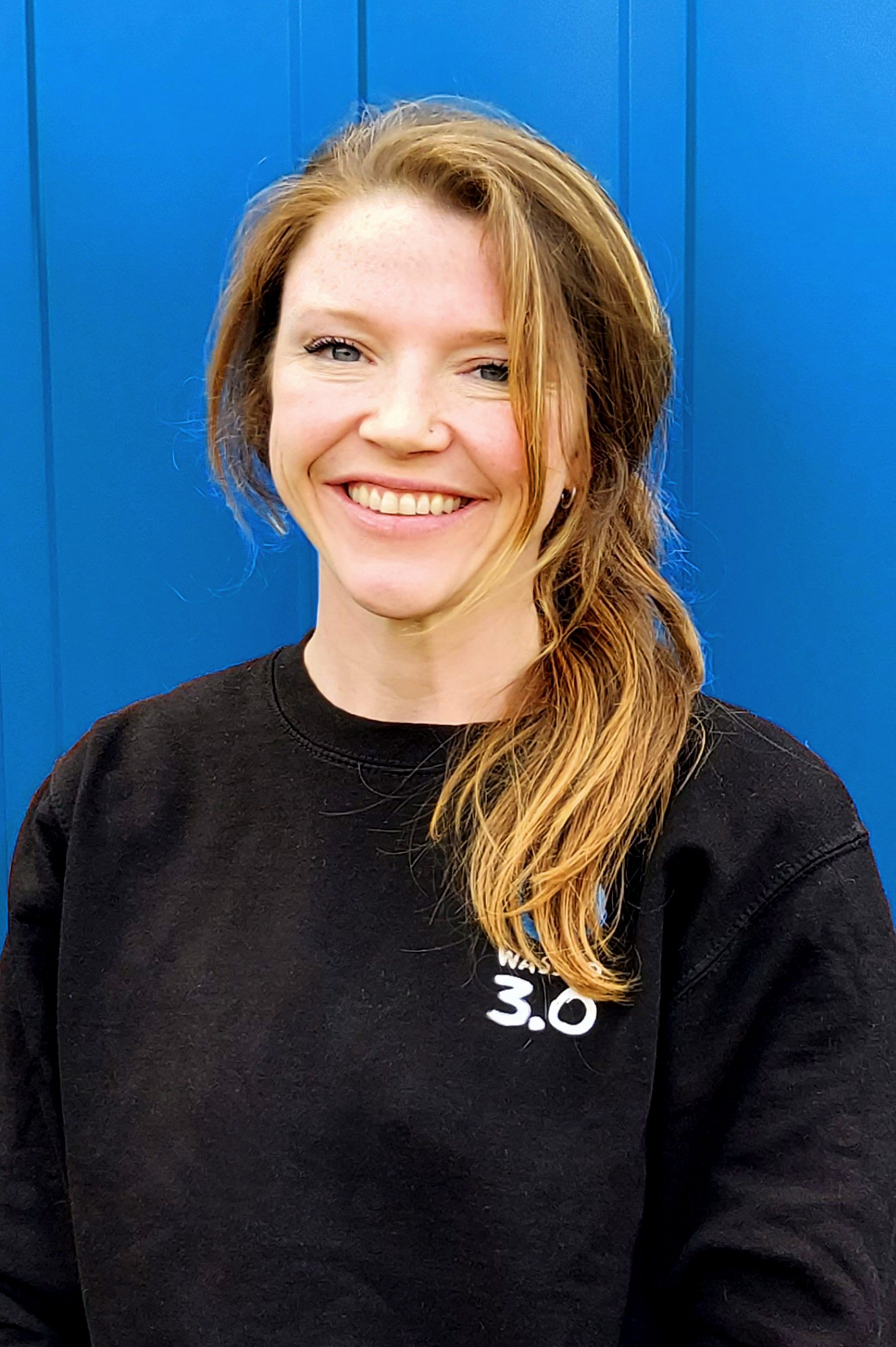
Erika Myers
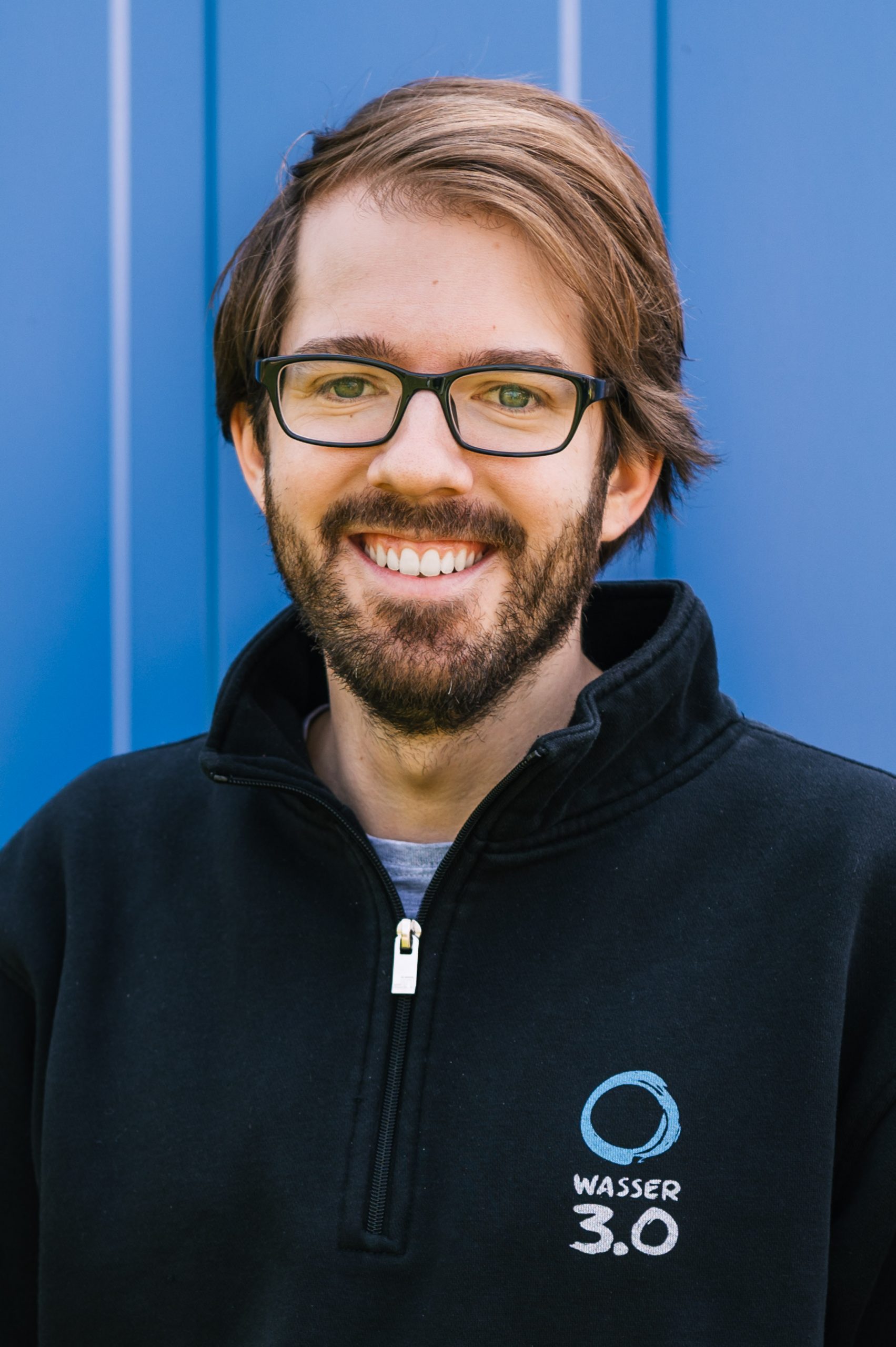
Dr. Michael Sturm
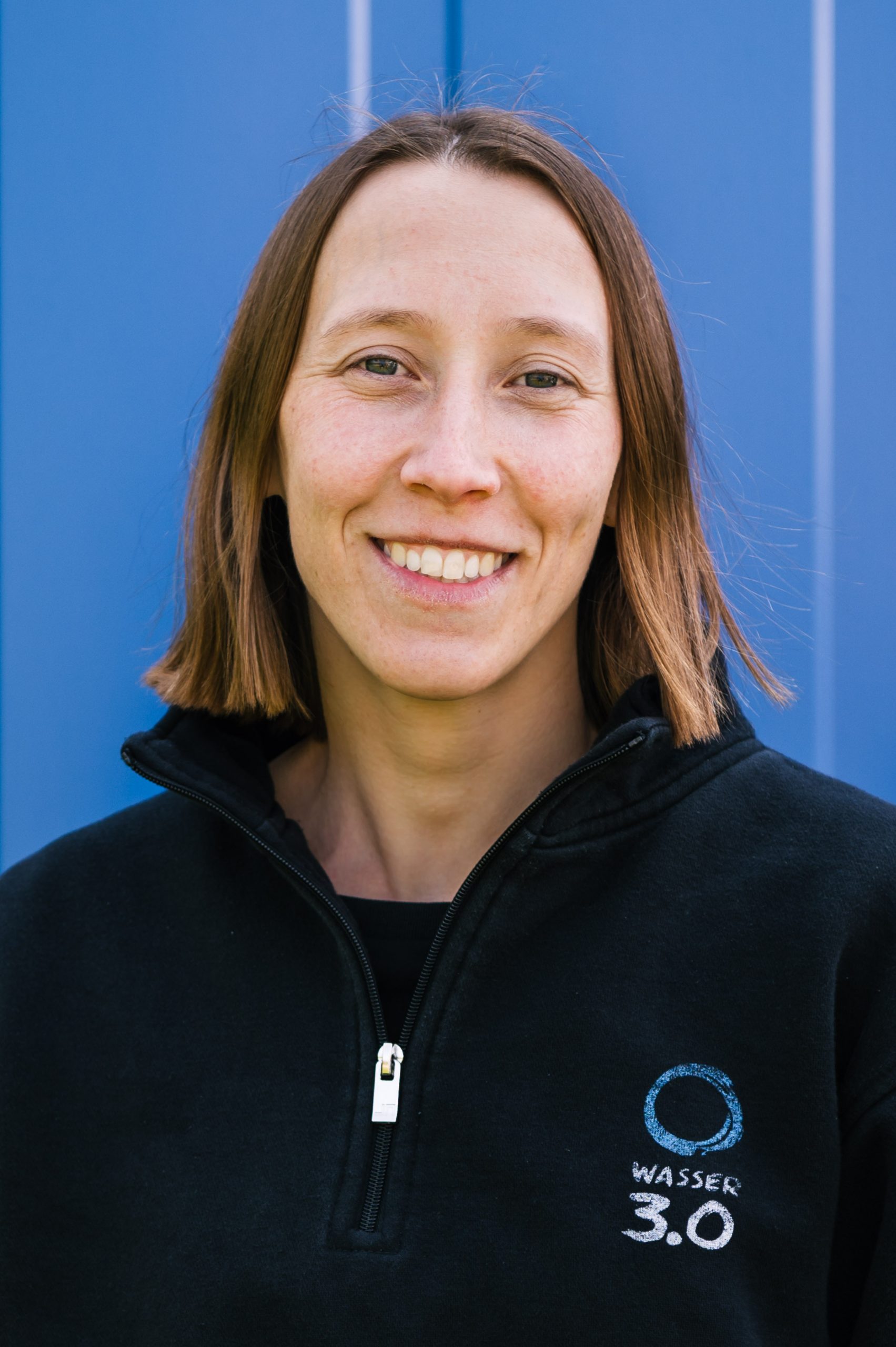
Anika Korzin
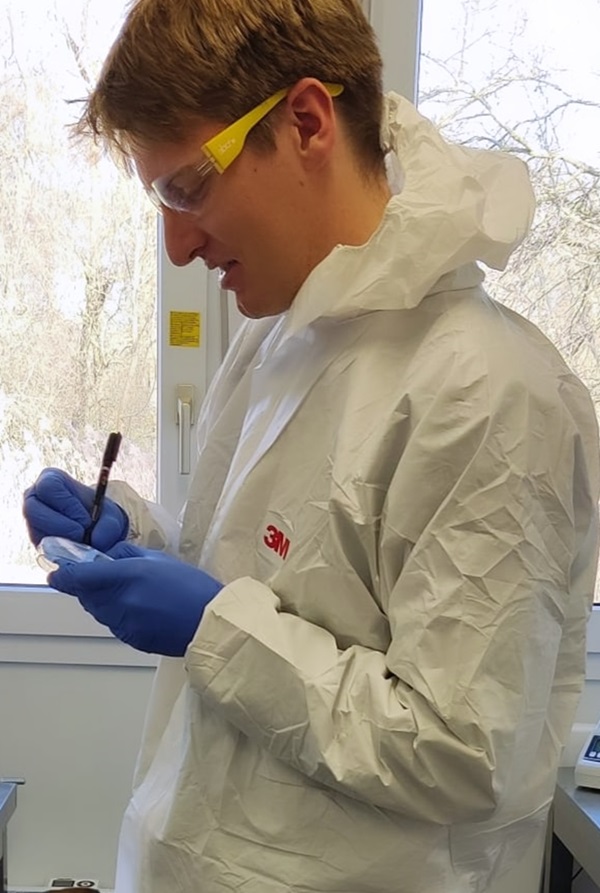
Pieter Ronsse
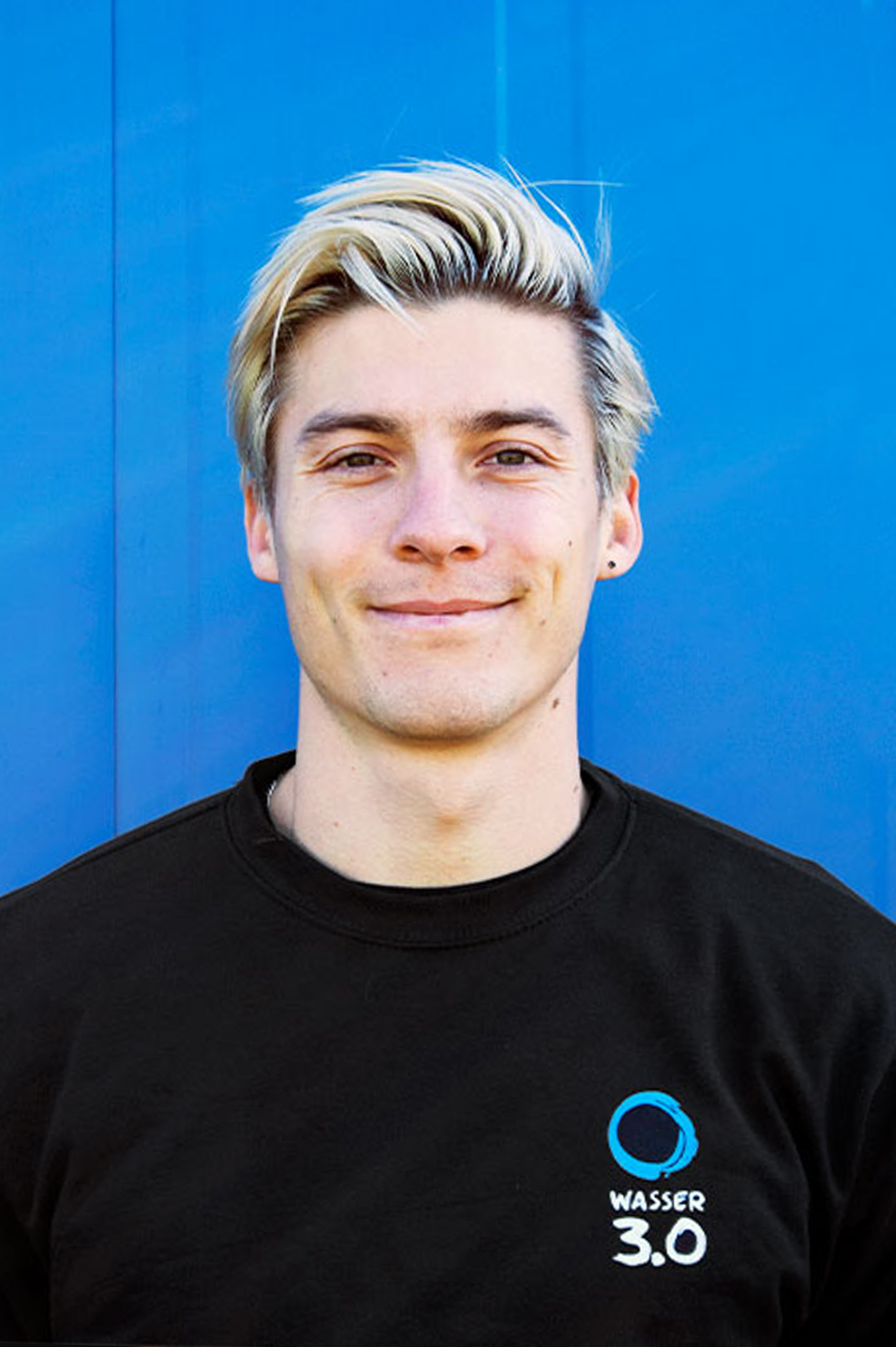
Oleg Zernikel
The core team of Wasser 3.0 currently consists of seven people, a large network and is: Interdisciplinary. Solution-oriented. Highly motivated.
- Katrin Schuhen is the inventor and founder of Wasser 3.0, whose foundation she laid while working as an Assistant Professor of Organic & Ecological Chemistry (2012-18). After receiving her PhD in chemistry in 2007, she worked in the polymer industry, among others. Since May 2020, she has been the managing director of the non-profit Wasser 3.0 gGmbH.
- Dennis Schober, B.Sc. Environmental Science / Master Industrial Wastewater Technology, has 10+ years of experience in the wastewater sector, including 6+ years at Wasser 3.0 as a research associate (operating the pilot plant reactor). He holds the position of CTO.
- Erika Myers, M. Sc. Hydrogeology and Environmental Geosciences has taken on the role of Sustainability Specialist in 2022 and serves as Project Manager.
- Michael Sturm, M.Sc. Environmental Sciences/ focus on Environmental & Water Chemistry, has been with us for 7+ years as a research and development scientist. He completed his PhD at the Karlsruhe Institute of Technology, in cooperation with Wasser 3.0, in 2022.
- Anika Korzin, M.Sc. Sustainable Process Design, joined the team in September 2021 as a process engineer.
- Pieter Ronsse, B.Sc. Chemistry - specializing in environmental chemistry, Ghent University of Applied Sciences (HoGent), joined the team in January 2024 (photo still missing).
- Oleg Zernikel, B.Sc. Environmental Science, joined the team in January 2022 as an auxiliary research associate and Wasser 3.0 Ambassador for Sport.
Advisory Board
As the next most important supervisory body, we are working on the integration of an Advisory Board. The Advisory Board members will assume an advisory function.

